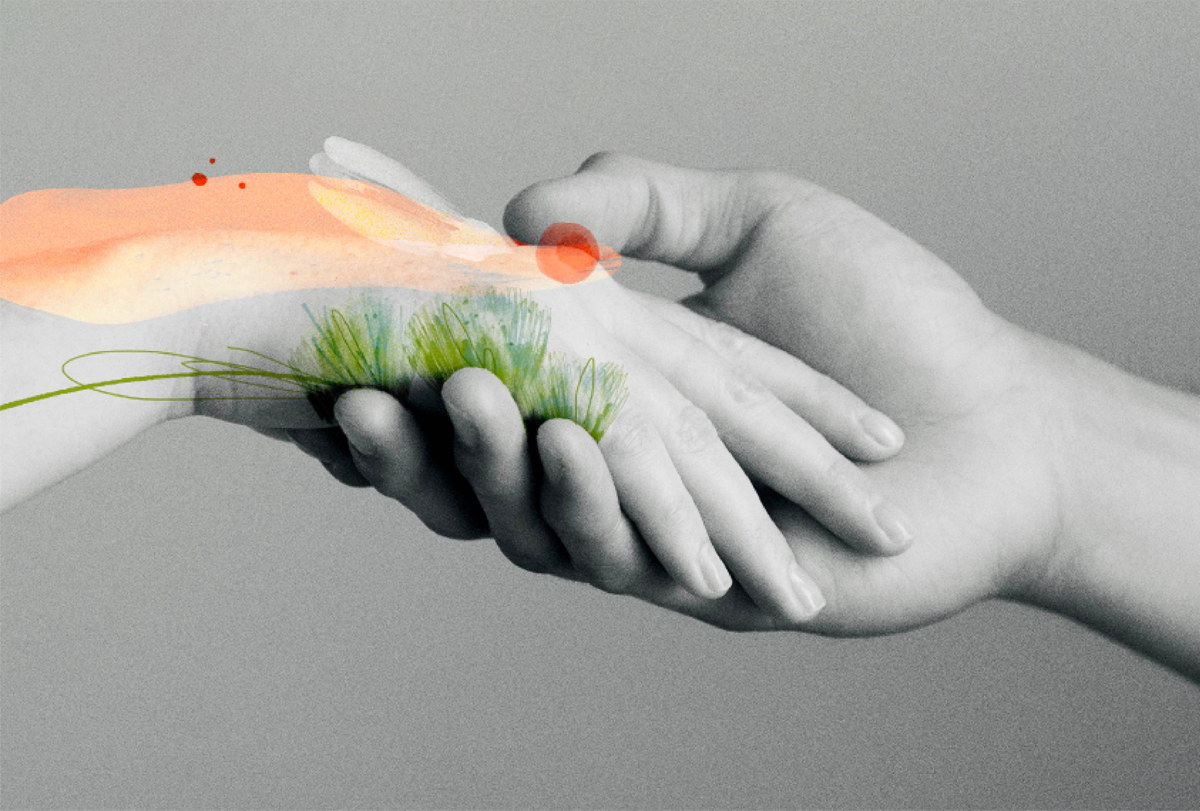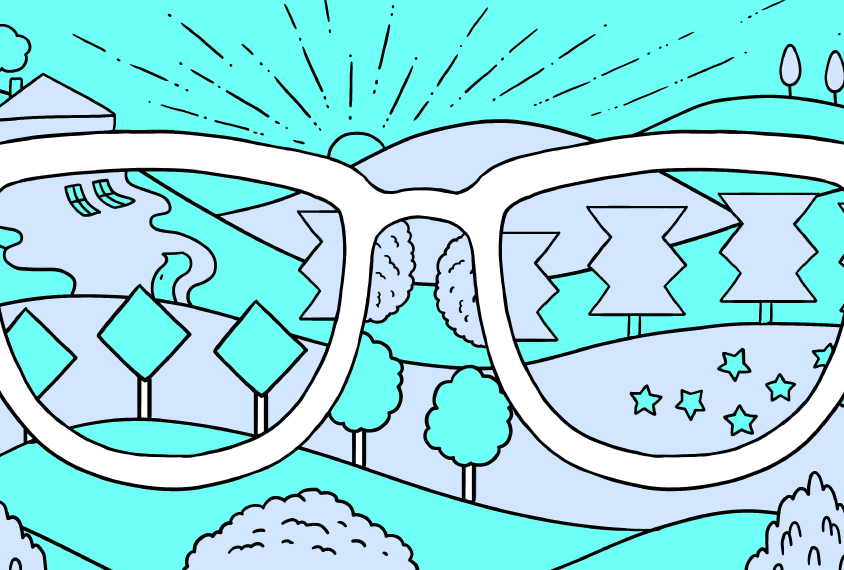George Musser is an award-winning science writer and editor. He was a senior editor at Scientific American for 15 years and has written two books on fundamental physics, “The Complete Idiot’s Guide to String Theory” (2008) and “Spooky Action at a Distance” (2015). He has written for Science, Nature, Quanta, Aeon, Nautilus, The New York Times and other publications. His website is georgemusser.com. He tweets at @gmusser.
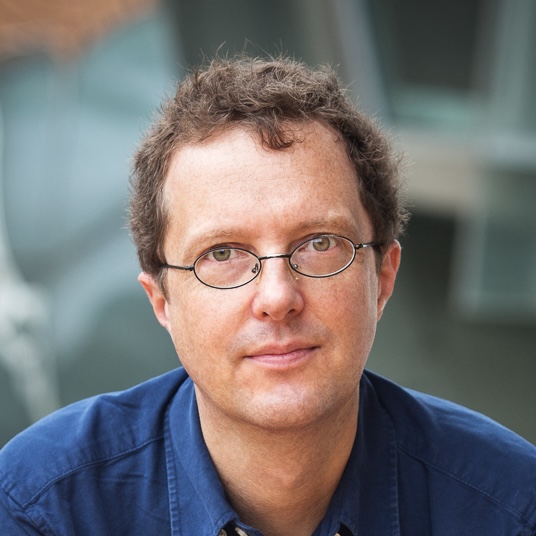
George Musser
Contributing writer
From this contributor
Can an emerging field called ‘neural systems understanding’ explain the brain?
This mashup of neuroscience, artificial intelligence and even linguistics and philosophy of mind aims to crack the deep question of what "understanding" is, however un-brain-like its models may be.
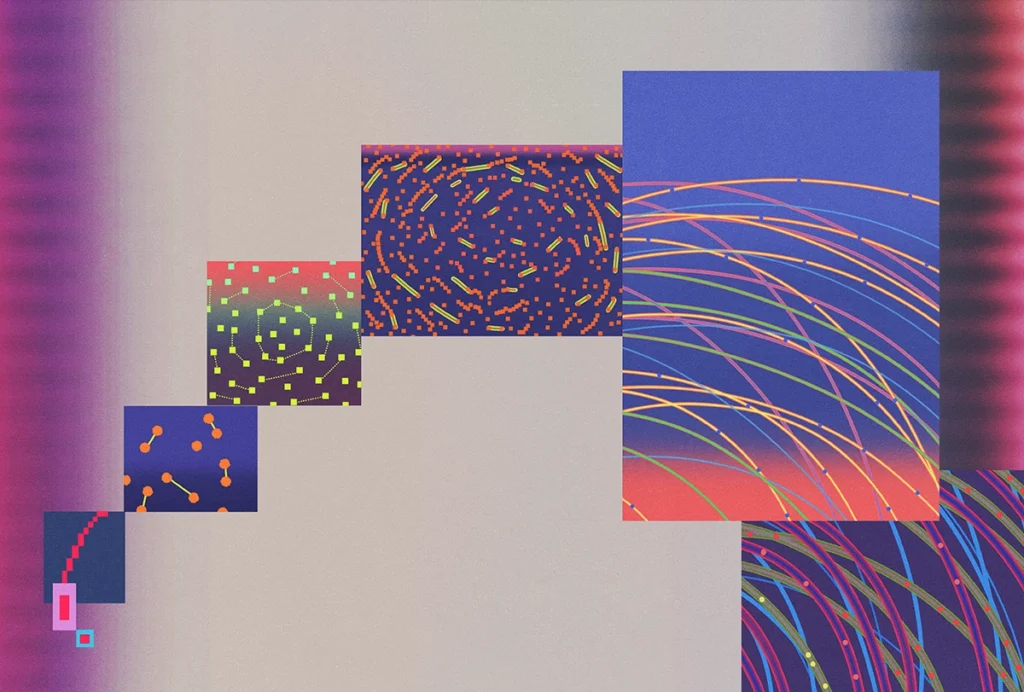
Can an emerging field called ‘neural systems understanding’ explain the brain?
How ‘social touch’ shapes autism traits
Autistic people have unusual responses to 'affective touch,' which conveys social and emotional information. Their responses may reveal how autism begins.
The predictive coding theory of autism, explained
In autism, a person's brain may not form accurate predictions of imminent experiences, or even if it does, sensory input may override those predictions.
How virtual reality is transforming autism studies
Researchers and autistic artists exploring virtual reality to study, treat and simulate autism traits.

How virtual reality is transforming autism studies
How autism may stem from problems with prediction
A 'predictive coding' theory of autism suggests that many of the condition's hallmark traits occur when sensory input overrides expectation in the brain.
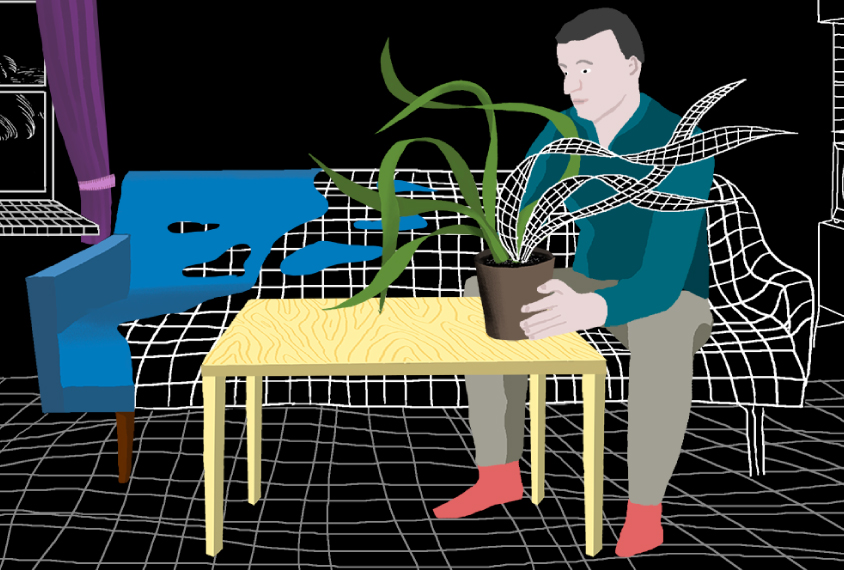
How autism may stem from problems with prediction
Explore more from The Transmitter
Machine learning spots neural progenitors in adult human brains
But the finding has not settled the long-standing debate over the existence and extent of neurogenesis during adulthood, says Yale University neuroscientist Juan Arellano.

Machine learning spots neural progenitors in adult human brains
But the finding has not settled the long-standing debate over the existence and extent of neurogenesis during adulthood, says Yale University neuroscientist Juan Arellano.
Xiao-Jing Wang outlines the future of theoretical neuroscience
Wang discusses why he decided the time was right for a new theoretical neuroscience textbook and how bifurcation is a key missing concept in neuroscience explanations.
Xiao-Jing Wang outlines the future of theoretical neuroscience
Wang discusses why he decided the time was right for a new theoretical neuroscience textbook and how bifurcation is a key missing concept in neuroscience explanations.
Memory study sparks debate over statistical methods
Critics of a 2024 Nature paper suggest the authors failed to address the risk of false-positive findings. The authors argue more rigorous methods can result in missed leads.

Memory study sparks debate over statistical methods
Critics of a 2024 Nature paper suggest the authors failed to address the risk of false-positive findings. The authors argue more rigorous methods can result in missed leads.
